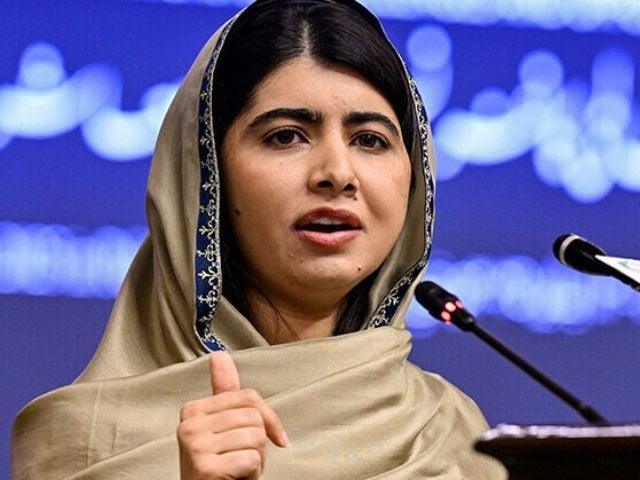Nobel Peace Prize winner Malala Yousafzai on Sunday urged Muslim leaders to avoid recognizing the Taliban government in Afghanistan and to demonstrate genuine leadership by opposing its policies that limit the education of women and girls.
In a speech at a summit on girls’ education in Muslim-majority countries in Pakistan’s capital Islamabad, Malala firmly stated: “Do not legitimize them.”
“Simply put, the Taliban do not see women as human beings,” she said. “They cover up their crimes with a cultural and religious justification. “These policies are a violation of human rights and have no basis in Islamic teachings.”
He called on Muslim leaders to show true leadership by refusing to legitimize the Taliban government. “As Muslim leaders, now is the time to speak up and use your power to oppose such injustices,” he added.
He harshly criticized Israel’s actions in Gaza, accusing it of dismantling the region’s education system and committing human rights violations.
“In Gaza, Israel has decimated the entire education system,” he said during his speech. “They have bombed all the universities, destroyed more than 90% of the schools and indiscriminately attacked civilians sheltering in school buildings. “A Palestinian girl cannot have the future she deserves if her school is bombed and her family killed.”
The summit aimed to address challenges in girls’ education in Muslim communities and explore the role of international leadership in ensuring equal access to education. Malala pledged to continue defending the rights of children in conflict zones, saying: “I will not remain silent in the face of such violations of international law and human rights.”
The current crisis began on October 7, 2023, when Israel began a large-scale military offensive in Gaza. According to the Gaza Ministry of Health, the offensive has caused more than 46,000 deaths.
The destruction of schools and universities has left thousands of children without access to education, exacerbating the humanitarian crisis. Malala stressed the urgency of international intervention to protect the rights and future of Palestinian children.
Malala, who was shot in the face by the Pakistani Taliban when she was 15 for her educational activism, has become a global symbol of resilience and advocacy for girls’ education.
After recovering in the United Kingdom, she became the youngest Nobel laureate at age 17. She continues to campaign for equal educational opportunities around the world, focusing on children and women in conflict zones.
Malala concluded her speech by urging international solidarity to support education in conflict zones and end discriminatory practices against women and girls.
“Palestinian boys, Afghan girls and millions of people around the world deserve a future where education is their right, not a privilege,” he said. “We must unite to protect their dreams, their dignity and their rights.”




